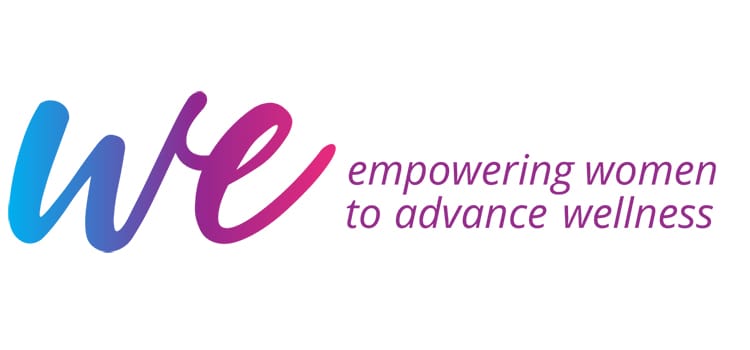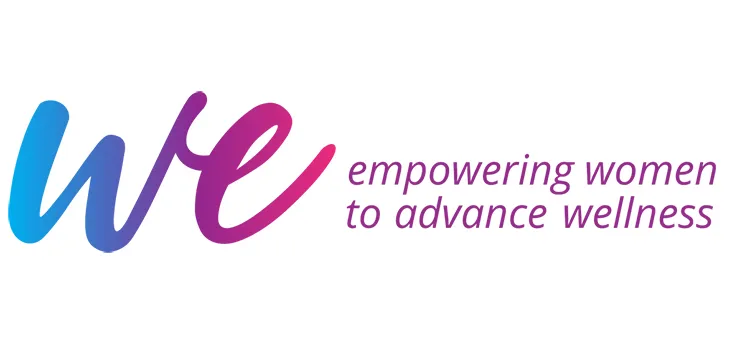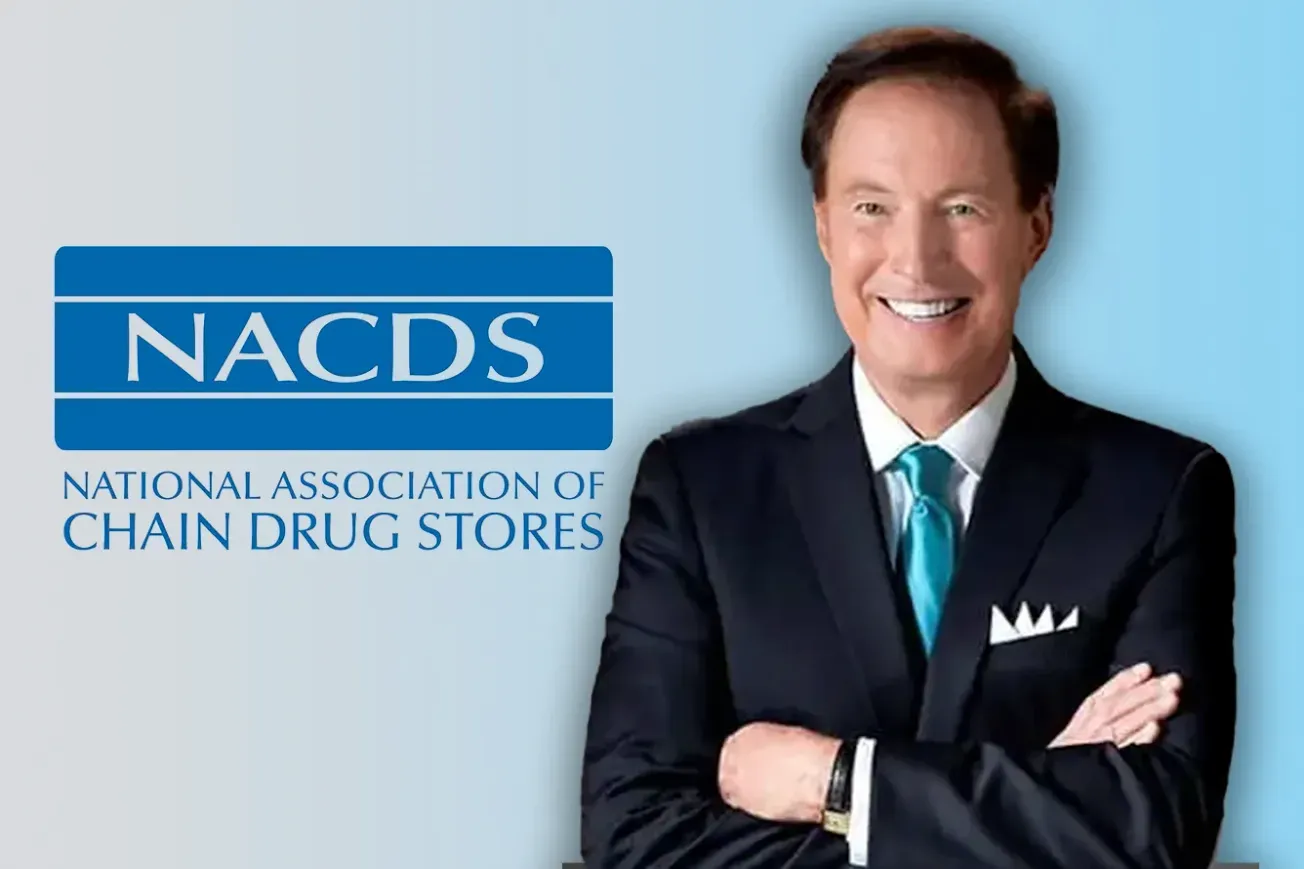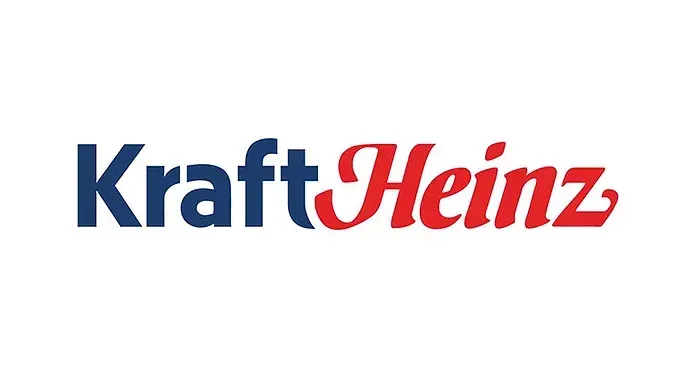NEW YORK — With a nod to this year’s International Women’s Day theme, Inspire Inclusion, the latest edition of Conversations with WE focused on the journeys of two female industry leaders.

Formed seven years ago, WE is an organization comprised of female executive leaders representing retailers, suppliers and business partners.
Tina Jackse, chief commercial officer of Wellful, moderated the discussion with Mona Ameli, chief executive officer and managing partner of Ameli Global Partnerships and Kristin Recchiuti, ceo of Advantice Health.
Born in Iran and raised and educated in France, Ameli came to the U.S. 27 years ago. “I consider myself multicultural and multi-lingual, which helped pave my path,” she said.
Although Ameli had an MBA from a leading European university, she had to start from scratch in America. “Because no one knew my university [in the U.S.], I had no network of people when I arrived. My English was limited. I started at the bottom of the food chain,” she said.
She flipped her background into a benefit. “That actually became the biggest privilege of my journey. It provided me with an understanding about all the different areas in a company that served me well in my career when I advanced into general management.”
Her career took to direct-to-consumer channels, including infomercials and direct response, which she credits with getting to know consumers “closely.” That was a launchpad into international marketing and, eventually, general management. Today she helms her eponymously named company that helps ceos, boards and investors to create and implement sustainable and holistic turnaround strategies.
It wasn’t always smooth sailing. “I had a little French/English dictionary and would write in a little notebook to understand some of the business terms I didn’t know when I arrived [in the U.S.]. She also encountered some of the roadblocks associated with the consumer-packaged goods industry.
“I found there were many biases against me. CPG is still a pretty male-dominated industry, especially in direct selling and direct-to-consumer. Even as the president of a large company, Ameli found she didn’t have access to country clubs to attend meetings. When interviewing with a major firm where she thought she had secured a job, she was told her long, wavy hair wasn’t a fit for the company.
“There were many instances where I was the only woman of color, the only woman with an accent. But I learned to turn that around and make my differences my advantages. I could relate to people because I had the ability to understand different cultures.”
She became the “go-to” person in organizations when they wanted to make changes. I started having P and L management.
Although a different career path—roles at behemoth companies such as Procter & Gamble and Johnson & Johnson— Recchiuti encountered speedbumps of her own. One of her biggest challenges was the work/life balance as a mother of three in a demanding role.
Her background in large CPG firms was a springboard into private equity at her company, which has a portfolio of challenger brands, including AmLactin and Emrix.
“There are challenges for any women in leadership,” she says, adding that’s elevated in PE. She found opportunities via male allies who were willing to “give me a chance.” That allyship was instrumental in helping her make the leap from a mammoth company to her current role.
Both women addressed how and when they had to fight for something they believed in. “I shifted from a very passionate executive to a purpose-driven leader. Many times, we get hung up on wanting to do something one way. You have to remember it isn’t about the individual but the purpose of the company,” Ameli said. “It’s about the end goal that we’re trying to reach for our customers and for our stakeholders. When you are sitting in a room, and you’re the only woman of color or didn’t go to an Ivy League known in the U.S., you have to come up with a different perspective.”
She added that inclusion isn’t only about having people of diverse backgrounds and granting them the ability and voice to be heard. “There is an opportunity for us to educate and show our different perspectives.”
The women concurred that the days of staying silent are over. “We have to advocate for each other and make sure our voice is understood and respected. Elevate our voices and make sure the right conversations are being heard,” said Recchiuti.
The world is changing, they added. Where women and people of color felt they had to “fit in” to succeed, they know they can be their authentic selves. “You don’t want to change who you truly care,” said Ameli, who noted she changed her name when she became an American citizen, which she felt was important to get employed. “If I were doing it all over again today, I embrace who I was from the beginning.”
Her other advice, especially for women, is not to chase a title. “It’s not the title. Get the work done to get as much done as possible,” she suggested. “Then you will be looked at with credibility at the table.”
Recchiuti advised that a team of allies and mentors is crucial for ascending the corporate ladder. “As women leaders, we are changing the culture, changing the landscape in terms of what is the norm. It is fantastic to help women gain confidence and their voice in the room.”
The message was clear—women don’t need to be superheroes. They can have sidekicks, ask for help and not only measure their impact with KPIs (key performance indicators).









